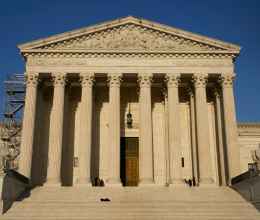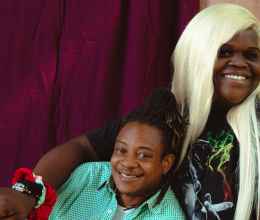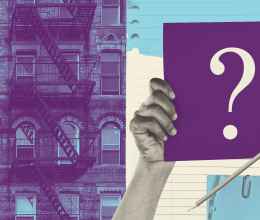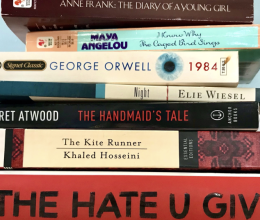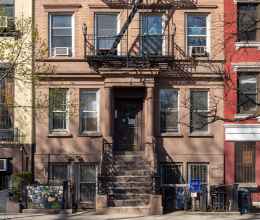
The ACLU aims to preserve and extend constitutionally guaranteed rights to people who have historically been denied their rights on the basis of race.
The authors of the Declaration of Independence outlined a bold vision for America: a nation in which all people would be free and equal. More than 200 years later, it has yet to be achieved. Though generations of civil rights activism have led to important gains in legal, political, social, employment, educational, and other spheres, the forced removal of indigenous peoples and the enslavement of those of African descent marked the beginnings of a system of racial injustice from which our country has yet to break free. From our public schools where students of color are too often confined to racially isolated, underfunded, and inferior programs, to our criminal justice system that disproportionately targets and incarcerates people of color and criminalizes poverty, to the starkly segregated world of housing, the dream of full equality remains an elusive one.
Because of the demographics in North Dakota, one of the largest racial issues we face is the treatment of Native Americans.
Native American tribes have suffered discrimination and injustice at the hands of the government since the country’s founding, yet contemporary civil rights discussions all too often ignore the rights of Native Americans. Native American communities are among the most impoverished in the nation, and the stigma of past discrimination regularly rears its head in the spheres of public health, education, and juvenile justice.
The ACLU is committed to defending the rights of Native Americans and tribes to be free from discrimination and governmental abuse of power, whether the government be federal, state, or tribal
The ACLU has filed important class-action lawsuits challenging discrimination against Native American families in education, voting, and the child welfare system. In particular, in 2013 the ACLU used the Indian Child Welfare Act (ICWA) to challenge pervasive discrimination and the lack of due process afforded to Native American families in emergency child custody proceedings.


